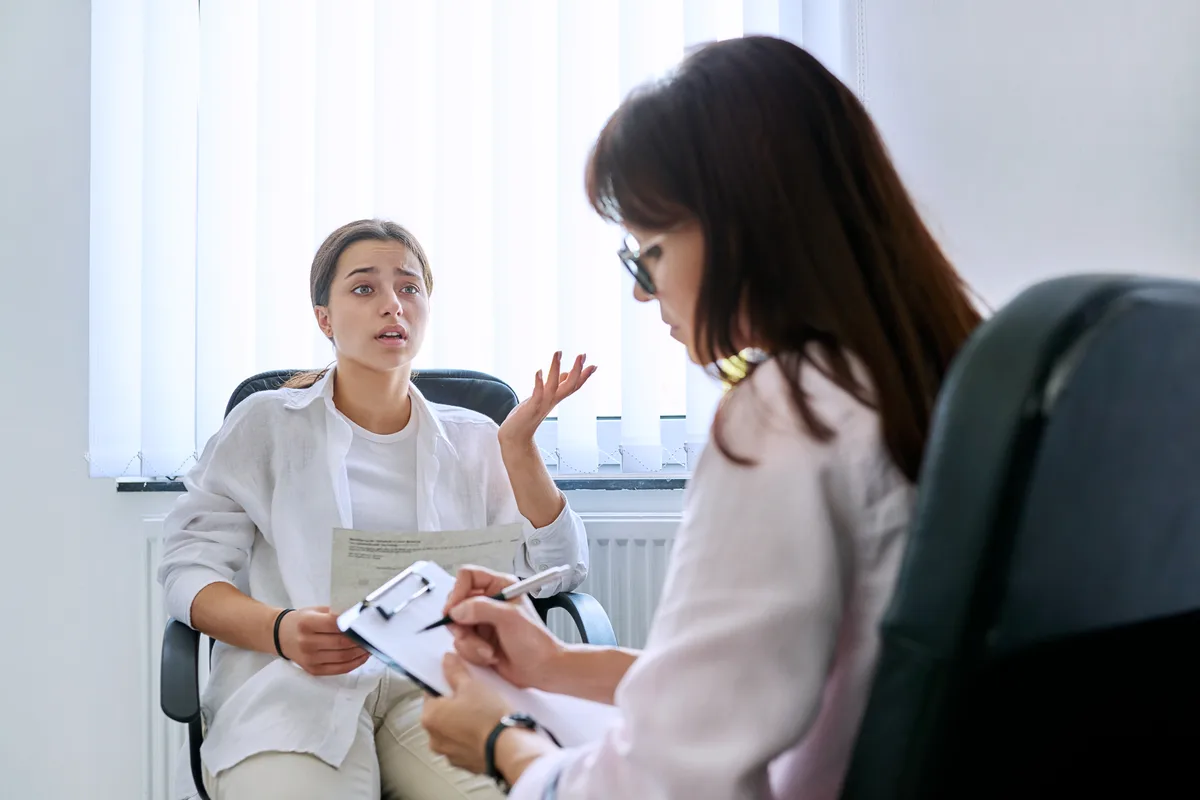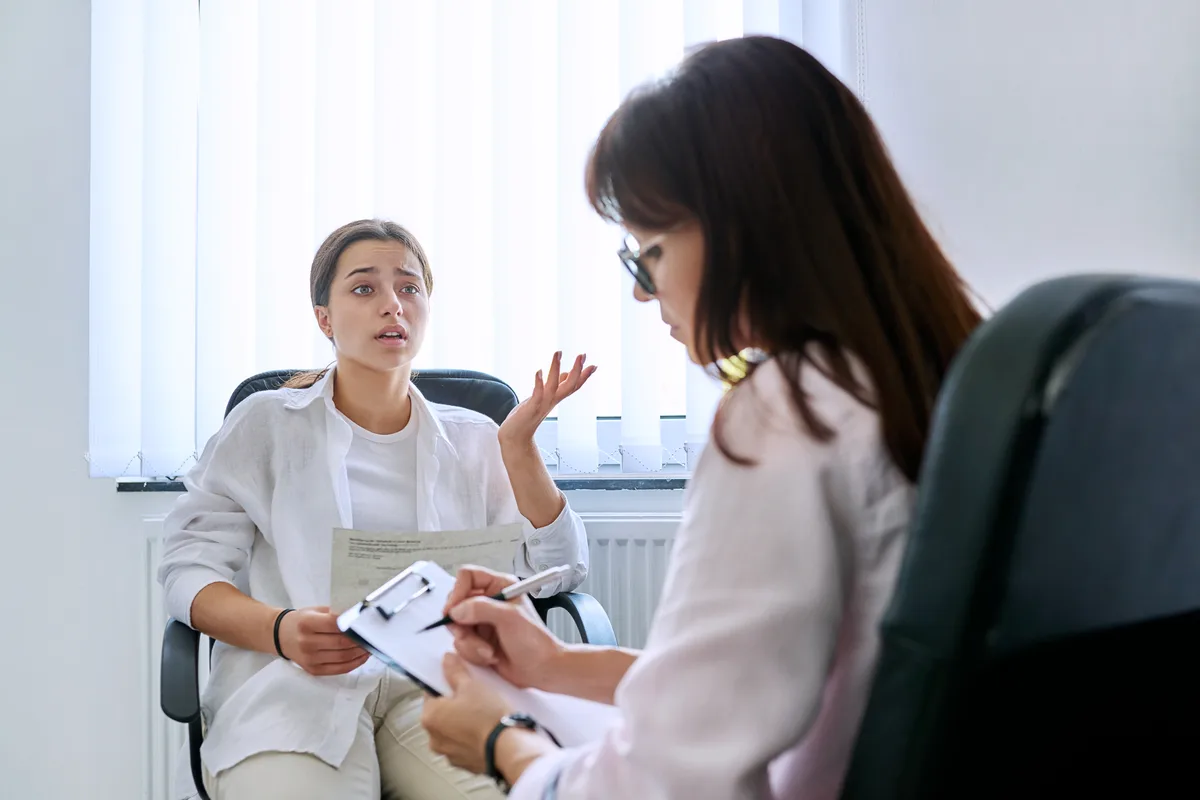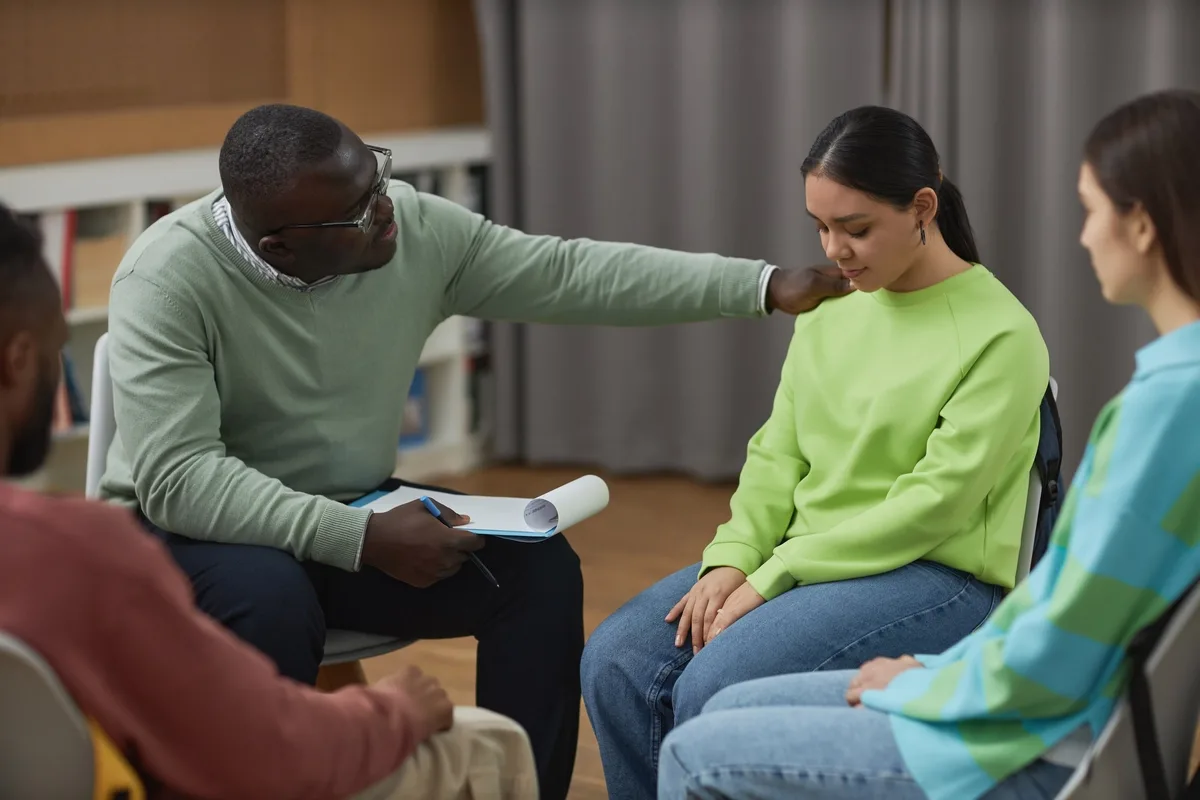24/7 Helpline:
(866) 899-221924/7 Helpline:
(866) 899-2219
Learn more about PTSD Treatment centers in Lorida
PTSD Treatment in Other Cities

Other Insurance Options

Providence

Premera

BlueShield

Amerigroup

Holman Group

Ceridian

Molina Healthcare

CareSource

Self-pay options

Anthem

Cigna

United Health Care

ComPsych

State Farm

Health Net

EmblemHealth

Health Partners

GEHA

Evernorth

Choice Care Network












